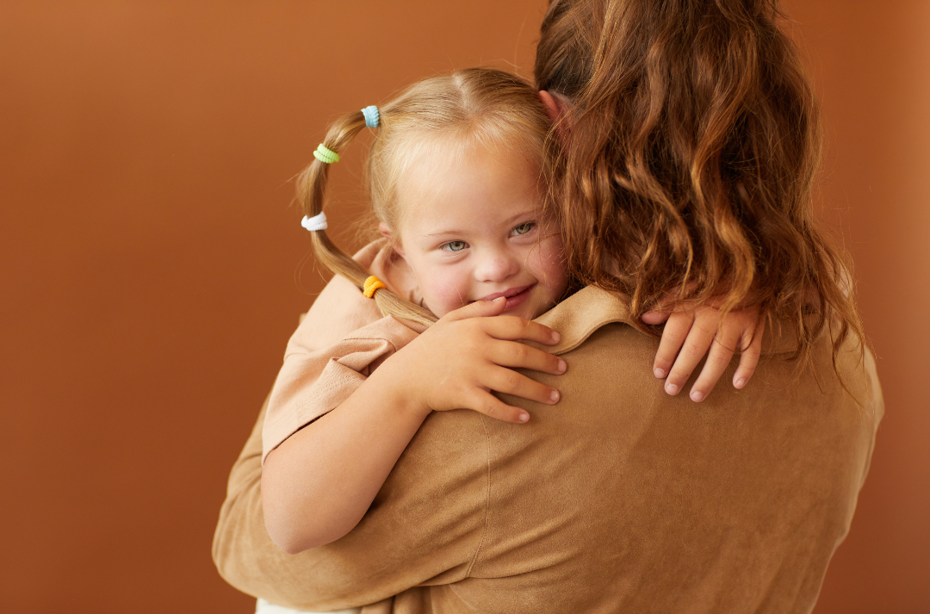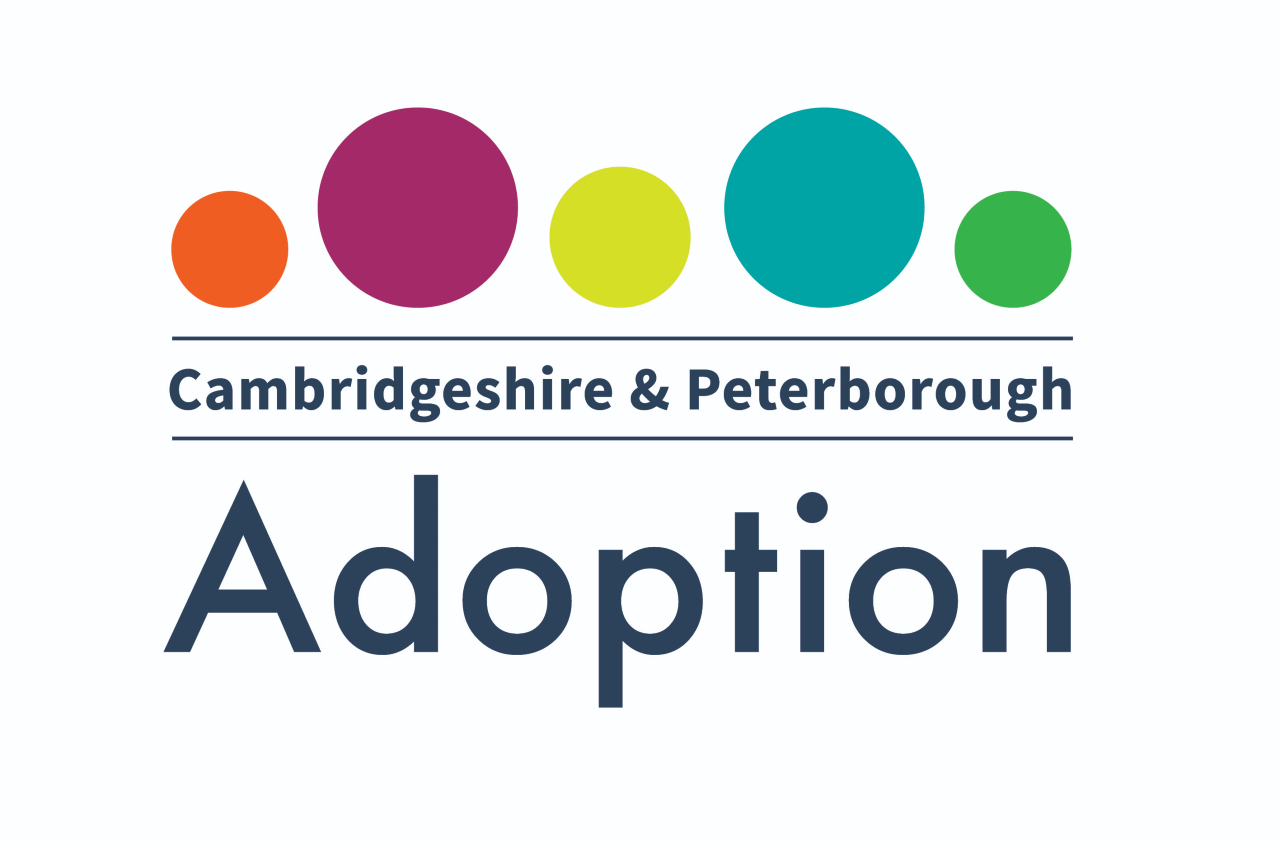
I had always wanted to be a mum since I was very young.
My first step into adoption was to go to information sessions for both adoption and fostering. Adoption seemed really inclusive for single people which gave me confidence and enthusiasm about doing it alone.
I had an initial interview for adoption in March/April time and started Stage 1 of the assessment process shortly after that.
Stages 1 and 2 of the assessment process were very different. Stage 1 was more theoretical whereas Stage 2 felt more real. The highlight of the assessment process was the training and meeting people. We even went out for dinner together after one of the sessions. I am still in touch with some of the people I met on the training now.
I initially wanted to follow the early permanence route to adoption, but I worked closely with my Social Worker, and she decided it was not the most suitable route for me. I was disappointed but my Stage 2 Social Worker was really supportive, and I trusted her. She continued to support me throughout the process, particularly in looking for a younger child, whilst being realistic and open to older children too. She was very open, and we often spoke on the phone if I had any questions, even after my little girl was placed with me.
The hard part of the assessment process was doing the homework in the evenings when I might have been at work all day, but it was really good to reflect on everything as I was learning. I particularly found the wool exercise effective in helping me understand contact with birth family and other people in a child’s life before they are adopted. It was important for me to understand my little girl’s cultural background and the complicated situation with her siblings so that I can explain this to her as she grows older.
My little girl has Down’s syndrome. She was only one month old when I was told about her, and seven months old on placement. She had really amazing Foster Carers. She had gone straight to stay with them from hospital. I heard about her in the December, and I was approved as an adopter in the February. The timing meant that I could research Down’s syndrome and connect with the Down’s Syndrome Association and the local support group.
The Adoption Panel made sure I could care for a child with additional needs, but I am a teacher and so felt confident about advocating for her.
My little girl had surgery on her heart before she was placed with me. Throughout her stay in hospital, I had contact with the Doctors and Nurses at Great Ormond Street. We were all talking about how she was doing before I had even met her!
Once she had recovered from her operation, about six months later, the matching and introductions started. The introductions were really hard for me because, unfortunately, I fell ill with a cold at that time. It made it a bit stressful as I wasn’t always well enough for the meetups planned. I’m sure this won’t be the same for everyone, but I think it does happen from time to time because the run-up to introductions and that whole period of time can be quite intense and put a strain on adopters.
On the day she was placed with me, the Social Worker brought my little girl to my home. I felt really overwhelmed! I got quite tired. It was a lot to get used to and to get to know who my little girl was. I had a lot of friends support me throughout that time. They would come and see me in the evenings, after my little girl was asleep (because adopters are advised not to have visitors for some time after a child is placed as it can be unsettling). I was able to ring the Foster Carers in the evenings and I was also part of a church group who delivered meals to me for three weeks which was so helpful. I have friends who had adopted ten years previously, so it was great to have support from them, too.
Meeting up with the Medical Advisor was probably the most important part of my support from the adoption service. She would talk me through everything. Listening to her and her really taking the time to explain things to me was invaluable.
It is important to know that there are challenges that come with adopting any child and especially a child with additional needs. Sometimes I don’t know which challenges are about attachment and which are about my little girl’s disability. We have lots of appointments and there’s lots of admin. Sometimes this feels like hard work, but I took ten months leave from my job when she was placed with me and I then found a brilliant nursery where she was absolutely adored and supported.
Now my little girl is six years old. She’s very sparkly, happy and lively. She’s really funny and she loves school and life in general. There have been some behavioural issues at school, but the school have been really supportive. We are now starting to talk about attachment issues as they have certainly had an effect. If she is really hurt, she doesn’t always want comfort and she has some sensory needs that can be difficult to manage.
My little girl is starting to learn about her life story. She knows that she was really brave as a baby. I gradually introduce her to the idea of her birth parents and her sister. It is a shame that her birth family have not been in touch more, but I met with the birth father which helps me understand the difficulties he is facing.
As a single adopter, I would advise other single adopters to get out and about with your child and to make sure you do all the nappy changing and feeding during the introductions and when your child is first placed so that you really create that bond. Eventually there will be a transition from copying what the Foster Carers were doing to the child actually being yours and finding your own way. The first few months are very overwhelming, so it is important to have a good support network around you. Take your time to learn and talk to people. Do your research and find out the possibilities of what you could be challenged with. Be prepared! Keep asking, keep pushing for help and support and be organised. Choose your school carefully – do they have a trauma informed approach to their processes, and do they put children at the centre of their decision-making?
When you meet your child, you realise that your anxieties and the theory and challenges are not everything about them! My little girl is a delight and adopting her is the most incredible and rewarding thing I have ever done.

